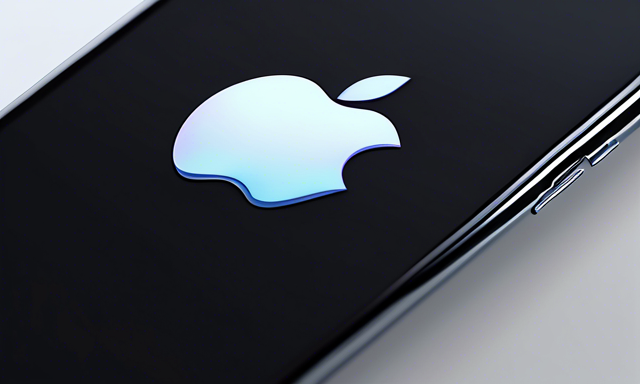How Apple Defines Its Own Terms in the Tech Arena 🚀
Apple has transitioned from a disrupter to a dominant force in the technology sector, shaping the rules that govern its industry. The company not only excels in delivering innovative products but also establishes the guidelines and standards that others follow. This year, as Apple continues to launch new products and features, their influence in the tech landscape has never been more pronounced.
Reshaping Industry Standards 📱
As Apple unveils new devices and updates, it creates ripples across the tech industry. The company’s product launches not only generate excitement among consumers but also set benchmarks for competitors. Apple has demonstrated the ability to control the narrative in the tech world by:
- Introducing features that redefine user experiences.
- Establishing design aesthetics that others strive to emulate.
- Creating ecosystems where its devices and services work seamlessly together.
The Gravity of Cupertino 🌍
As Apple’s headquarters in Cupertino becomes the focal point of the tech industry, the company exerts significant influence over global economic trends. Decisions made at Apple are closely scrutinized by critics, including regulators and partners alike. Key points of consideration include:
- The ongoing debate around competition and dominance in the marketplace.
- Regulatory bodies expressing concern over market control.
- The complex relationships Apple maintains with its partners and competitors.
Although Apple faces scrutiny, they maintain that their success stems from a deep understanding of customer preferences. The company argues that the interconnectivity of its products enhances user satisfaction, distinguishing it from competitors.
Defending Its Market Position 🛡️
Apple’s defense against accusations of monopolistic behavior emphasizes the company’s commitment to providing superior user experiences. The crux of Apple’s stance remains:
- Consumers enjoy the benefits of an integrated ecosystem that facilitates seamless interactions among devices.
- The company believes that its innovations are driven by customer demands rather than market manipulation.
In this vein, Apple counters criticisms by pointing out the importance of compatibility among its offerings, arguing that this feature is fundamental to their appeal.
The Short-Term Perspective 🔍
This year, discussions around regulatory pressures surrounding Apple gain traction, particularly with the Department of Justice closely monitoring the company’s actions. While critics may lament the monopolization of markets, the fact remains that:
- In the immediate term, Apple’s market dominance continues to drive profits.
- The current regulatory scrutiny does not seem to impede sales or product release cycles.
Hence, it appears that for now, Apple’s strategy and market model remain largely unchallenged.
Looking Ahead: Long-Term Considerations 🔮
While Apple thrives in the present, questions linger about the future. Specifically, the long-term implications of increasing regulatory scrutiny present a challenge to consider. Significant aspects include:
- Potential slow-moving regulatory actions that could alter the company’s operations.
- Emerging competitors striving to carve out their niche, thereby intensifying market dynamics.
- Apple’s ongoing need to innovate amid growing criticism regarding its pace of development.
The discussions around the future of Apple resound with a theme of caution; how the company adapts to regulatory pressures and evolving market conditions will ultimately shape its trajectory.
Final Thoughts: Apple’s Evolution 🔥
Max, it’s remarkable how Apple’s journey has flipped from an underdog challenging the status quo to the leader in the tech world today. Historically, the company positioned itself as a forward-thinking alternative to giants like IBM. Yet now, as a formidable competitor itself, Apple contends with a growing chorus of critics, including regulatory voices calling for change. As you scrutinize the company’s actions, consider the balancing act they perform amidst consumer expectations, market pressures, and the looming regulatory landscape. The coming years will be critical for Apple, as it navigates its path in a world eager for innovation yet wary of monopolistic practices.





 By
By
 By
By


 By
By
 By
By